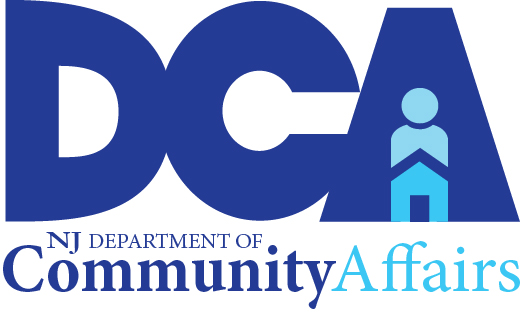July 02, 2019 - New Jersey State Fire Marshal Issues Fireworks Guidelines in Advance of Fourth of July Celebrations
FOR IMMEDIATE RELEASE: Tuesday, July 02, 2019

 |
 |
People Advised to Exercise Extreme Caution when Using Fireworks
Trenton, NJ - New Jersey Division of Fire Safety (NJDFS) Director and State Fire Marshal Richard Mikutsky and the Murphy Administration are issuing a reminder to residents about which fireworks are legal to use in the state under the revised fireworks law that was passed in 2017.
“Fourth of July is a time to spend quality time with friends and family as we honor our nation’s independence, but as we celebrate, Governor Murphy and I want to urge extreme care when using fireworks,” said Lt. Governor Sheila Oliver, who also serves as Commissioner of the New Jersey Department of Community Affairs (DCA). “Though legally permitted, these devices are dangerous and should be used with great caution.”
“New Jersey modified its existing fireworks law in 2017, making the sale and use of non-aerial fireworks such as hand-held sparklers, smoke devices, and ground-based sparklers legal,” said State Fire Marshal Mikutsky.
However, he quickly cautions that the personal use of any fireworks remains inherently dangerous, especially to small children and carries the risk of burn injury and worse.
“The measured temperature of a small sparkler after ignition is nearly 1,200 degrees Fahrenheit. This high temperature represents a risk to anyone -- child or adult -- not taking extreme care in handling one,” State Fire Marshal Mikutsky said.
New Jersey law strictly prohibits both the sale and use of large fireworks, which generally include any aerial explosive such as bottle rockets, firecrackers, and Roman candles, State Fire Marshal Mikutsky added.
You can view and download a visual guide of which fireworks are legal and which are not on DCA’s website.
State Fire Marshal Mikutsky joins with law enforcement, emergency medical personnel, hospital emergency rooms and state burn centers in advising against the use of fireworks. “I would encourage residents to instead attend one of the many free public fireworks displays held around the holiday because the use of small, non-aerial fireworks, though legal now, can be an invitation to personal injury,” Mikutsky explained.
For people who decide to buy and use fireworks, NJDFS provides the following guidelines:
Small, Non-Aerial Fireworks Safety Guidelines
- Only buy from reputable outlets.
- Don’t buy if the packaging is damaged or appears tampered with.
- Don’t use or try to fix broken or “dud” fireworks.
- While non-aerial fireworks may be legal, they can still burn you. Temperatures of one sparkler can reach about 1,200 degrees Fahrenheit and are not intended as toys for children.
- Never use fireworks indoors.
- Always have water handy and follow the manufacturer’s instructions.
- Never relight a “dud” firework.
- Wait 20 minutes to properly dispose of fireworks.
Small, Non-Aerial Fireworks Safe Disposal
- Completely soak used fireworks and “dud” fireworks in a bucket of water and let soak overnight.
- Double-wrap soaked fireworks in plastic wrap or a plastic bag to help keep them from drying out.
- Place wrapped bags in regular household garbage.
The Division of Fire Safety serves as the central fire service agency in the state. The Division is responsible for the development and enforcement of the State Uniform Fire Code, as well as engaging the public on community risk reduction strategies, assisting in fire department preparedness and conducting firefighter training programs.
DCA was established in 1967 and today offers a wide range of programs and services, including energy assistance, housing vouchers, affordable housing production, fire and building safety, community planning and development, local government management and finance, and disaster recovery.
For more information about DCA, visit https://nj.gov/dca/ or follow the Department on social media:
| |
|
CONTACT:
Tammori Petty
Gina Trish
Lisa Ryan
(609) 292-6055